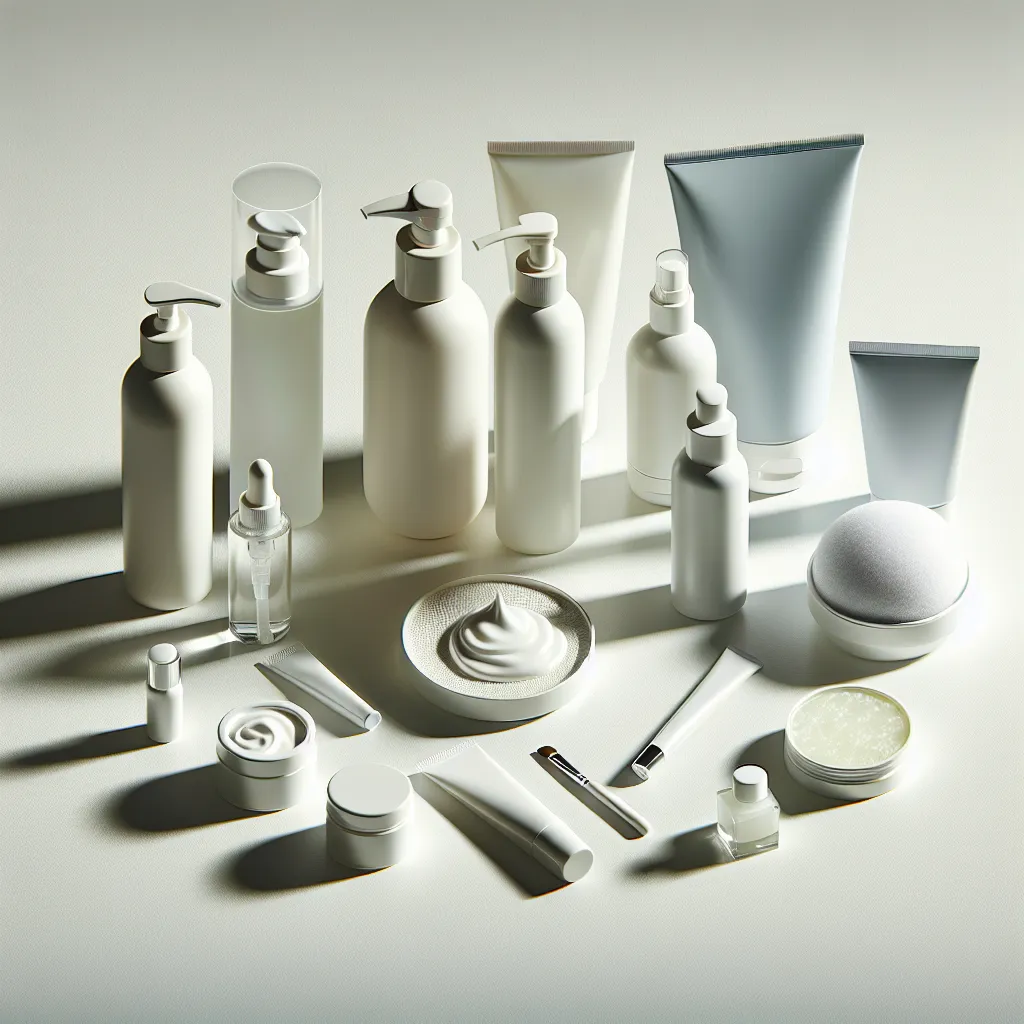Understanding the Key Ingredients in Anti-Aging Products
Effective anti-aging products are the result of extensive research and development in the field of skincare. Understanding the key ingredients in anti-aging products is crucial for making informed choices when it comes to skincare regimens. These products utilize various compounds that have been scientifically proven to combat the signs of aging and promote healthier, more youthful-looking skin.
One of the key ingredients found in many anti-aging products is retinol. Retinol, a form of vitamin A, is known for its ability to promote cell turnover and stimulate collagen production, which helps reduce the appearance of fine lines and wrinkles. Another important ingredient is hyaluronic acid, a powerful humectant that can hold up to 1000 times its weight in water, providing significant hydration and plumping effect to the skin.
Peptides are also commonly used in anti-aging products for their role in stimulating collagen synthesis and improving skin elasticity. These small chains of amino acids work to support the skin’s natural structure and firmness, combating the sagging that often accompanies aging. Additionally, antioxidants like vitamin C and E are essential in protecting the skin from free radical damage, which can accelerate the aging process.
It’s important to note that the effectiveness of these key ingredients can vary depending on their concentration and formulation in the products. Therefore, it’s advisable to consult with a skincare professional to determine the most suitable products for individual needs. By understanding the science behind these key ingredients, consumers can make well-informed choices and achieve optimal results in their anti-aging skincare routines.
The Role of Retinoids in Reversing Signs of Aging
Retinoids, a class of Vitamin A derivatives, have long been celebrated for their incredible ability to address and reverse signs of aging. The science behind effective anti-aging products often revolves around the role of retinoids in promoting skin rejuvenation. These compounds work by stimulating collagen production, increasing cell turnover, and reducing the appearance of fine lines and wrinkles. Furthermore, retinoids assist in fading age spots and improving overall skin texture, making them a powerhouse ingredient in the fight against aging.
When applied topically, retinoids prompt skin cells to regenerate more rapidly, leading to a more youthful and radiant complexion. Moreover, they aid in preventing the breakdown of collagen and elastin, which are essential for maintaining skin’s firmness and elasticity. As a result, products containing retinoids are often recommended for individuals looking to combat the visible effects of aging and achieve smoother, firmer, and more even-toned skin.
In addition to their remarkable anti-aging properties, retinoids also play a crucial role in improving skin’s overall health and resilience. They help unclog pores, reduce acne breakouts, and minimize the appearance of enlarged pores, making them a versatile solution for various skin concerns.
Ultimately, the profound impact of retinoids in reversing signs of aging underscores their significance in formulating effective anti-aging products. With extensive scientific backing and a proven track record, these potent ingredients continue to be a cornerstone in the quest for youthful, rejuvenated skin.
How Antioxidants Can Protect the Skin from Aging
When it comes to effective anti-aging products, one key aspect is the role of antioxidants in protecting the skin from aging. Antioxidants are powerful compounds that neutralize free radicals, which are unstable molecules that can damage the skin and accelerate the aging process.
Free radicals are generated by environmental factors such as sunlight, pollution, and smoke, as well as internal factors like metabolism. When they accumulate, they can lead to wrinkles, fine lines, and dullness in the skin. This is where antioxidants come into play – they help counteract the damaging effects of free radicals, thus helping to preserve the skin’s youthful appearance.
There are various types of antioxidants commonly found in anti-aging products, including vitamin C, vitamin E, retinol, and coenzyme Q10. These antioxidants work in different ways to protect the skin from aging. For example, vitamin C is known for its ability to brighten the skin and stimulate collagen production, while vitamin E helps to nourish and protect the skin from UV damage.
Research has shown that incorporating antioxidants into your skincare routine can have a significant impact on preventing and reducing the visible signs of aging. By combatting the oxidative stress caused by free radicals, antioxidants play a crucial role in maintaining the skin’s health and vitality over time.
Therefore, when choosing anti-aging products, look for those containing a variety of antioxidants to ensure comprehensive protection against the aging effects of free radicals. By understanding the science behind antioxidants and their role in protecting the skin, you can make informed decisions to support your skin’s longevity and radiance.
Choosing the Right Anti-Aging Products for Your Skin Type
Choosing the right anti-aging products for your skin type is crucial in addressing signs of aging effectively. With numerous options available in the market, it’s important to understand the science behind these products to make informed decisions. Whether you have dry, oily, sensitive, or combination skin, selecting the appropriate anti-aging products can make a significant difference in the outcomes you achieve.
For individuals with dry skin, look for anti-aging products that contain hyaluronic acid, glycerin, and ceramides. These ingredients help in retaining moisture and strengthening the skin’s barrier. Those with oily skin should opt for products with salicylic acid, retinol, or niacinamide to control oil production and prevent acne while addressing aging concerns. Individuals with sensitive skin should choose products that are fragrance-free and contain soothing ingredients such as chamomile, aloe vera, or green tea extract to minimize potential irritation.
Furthermore, understanding the importance of key ingredients such as retinoids, antioxidants like vitamin C and E, and peptides can guide you in selecting the most effective anti-aging products for your skin type. Retinoids promote collagen production and cell turnover, effectively reducing fine lines and wrinkles. Antioxidants help in protecting the skin from free radical damage, while peptides stimulate collagen synthesis, enhancing skin firmness and elasticity.
In conclusion, identifying your specific skin type and learning about the science-backed ingredients is essential in choosing the right anti-aging products. By incorporating products tailored to your skin’s needs, you can optimize the anti-aging benefits and achieve a more youthful and radiant complexion.




